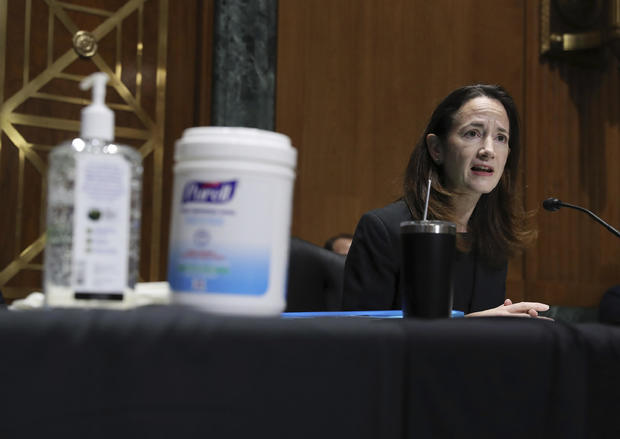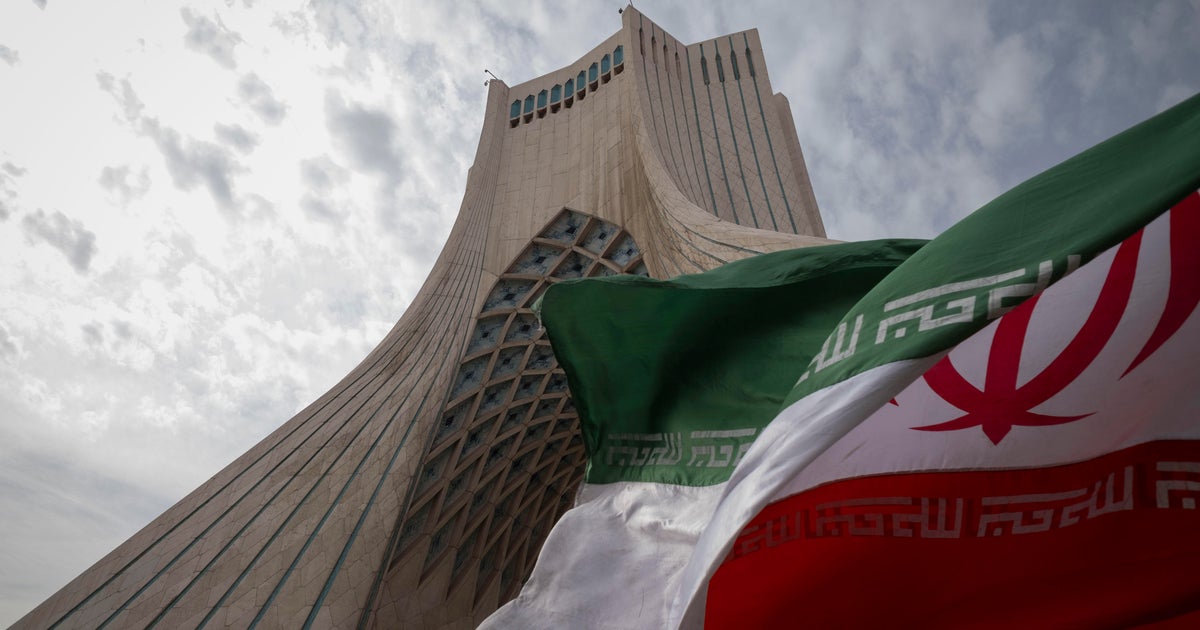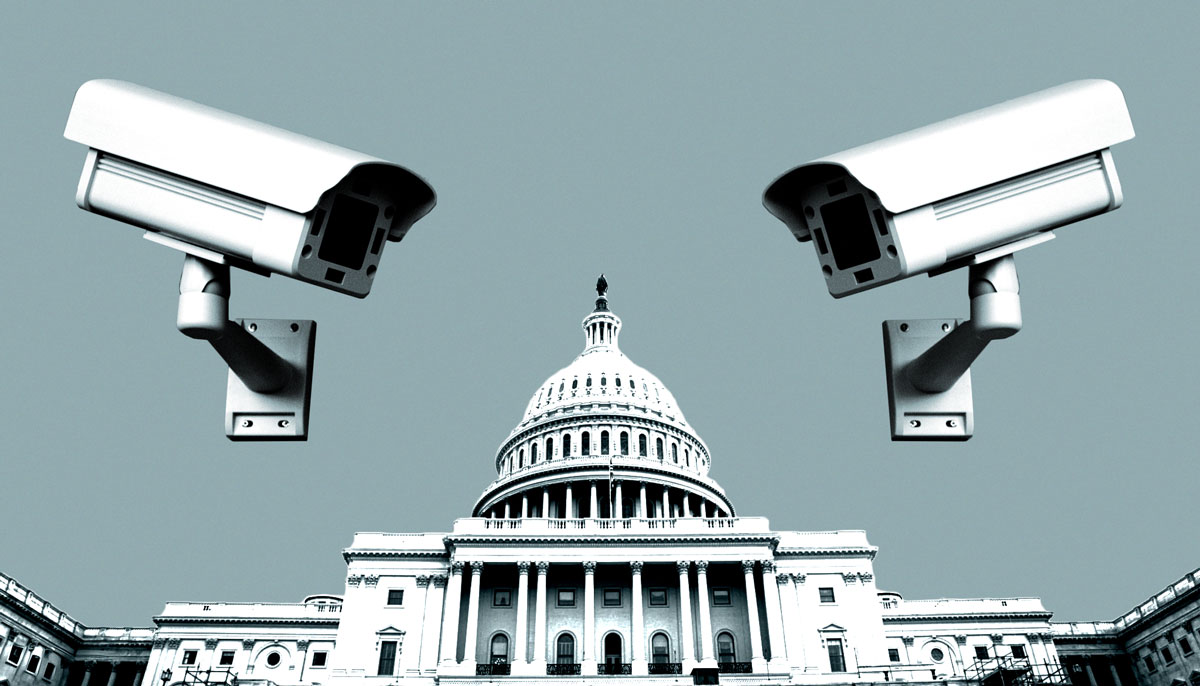Director of National Intelligence nominee Avril Haines vows to keep politics out of intelligence
President-elect Joe Biden's nominee to lead the U.S. intelligence community vowed to keep politics out of intelligence and to focus on building "trust and confidence" in the 18 agencies that would fall under her purview, according to her public testimony before the Senate Intelligence Committee on Tuesday.
Avril Haines, 51, told the panel that there was "no place for politics" in intelligence.
"To be effective, the DNI must never shy away from speaking truth to power," she said in her opening statement." "[E]ven, especially, when doing so may be inconvenient or difficult."
Haines' confirmation hearing was one of five that took place in the Senate on Tuesday, as the Biden administration pushed to assemble key cabinet officials before the president-elect's inauguration Wednesday.
If confirmed, Haines will make history as the first woman to serve as director of national intelligence. She set a similar precedent in 2013, when President Obama named her deputy director of the CIA – and she became the first woman to hold that role.
During Tuesday's hearing, Senators pressed Haines on how the intelligence community would address the threat of domestic extremists – including far-right conspiracy groups like QAnon, some of whose followers took part in the attack on the Capitol on January 6.
Haines said U.S. intelligence agencies would be prepared to identify links between domestic and international terrorists, but that the FBI and Department of Homeland Security would otherwise lead on investigations of domestic matters. She committed to producing, alongside FBI and DHS, a public, written assessment of the threat from QAnon.
Haines also promised to appear publicly at an annual Worldwide Threats hearing, a seminal congressional event that for years was held annually but which failed to take place in 2020 under DNI Ratcliffe or his acting predecessors, Richard Grenell and Joseph Maguire.
She told Oregon Senator Ron Wyden that she would release a public, unclassified report on the killing of Saudi dissident Jamal Khashoggi, which has been stymied for months by Trump administration officials.
Haines also told the panel her top three priorities would be "institutional" in nature, and that she would start by rebuilding trust in and among intelligence ranks; aligning the community's resources to counter traditional and non-traditional threats; and building partnerships across the public and private sector.
A career national security official, Haines served as a Senate Foreign Relations Committee staffer, where she worked with its then-chairman Joe Biden. She served as the White House Deputy National Security Advisor from 2015 to 2017.
A flight enthusiast and former independent bookstore owner, Haines' eclectic interests were affectionately outlined at the beginning of the hearing by former DNI Dan Coats, himself once a Republican member of the Senate panel. In his introduction, Coats called Haines an "exceptional choice" for the role.
"After several conversations with Avril, there is no doubt in my mind that President-elect Biden has chosen someone who has all the capabilities and qualities, experience, and leadership to be the next director of national intelligence," said Coats, who served as the Trump administration's first DNI. Coats ran afoul of President Trump after publicly offering national security assessments that Mr. Trump did not like, and he was replaced in 2019.
Democratic Senator Mark Warner, who is set to assume the chairmanship of the committee, urged a swift confirmation for Haines, who is not expected to encounter meaningful opposition from either party.
"Ms. Haines demonstrated professionalism, commitment to the men and women of the Intelligence Community, and a keen grasp of the challenges facing our national security," Warner said in a statement following Tuesday's hearing. "The Intelligence Community needs a strong, Senate-confirmed leader and Ms. Haines will be that leader."





